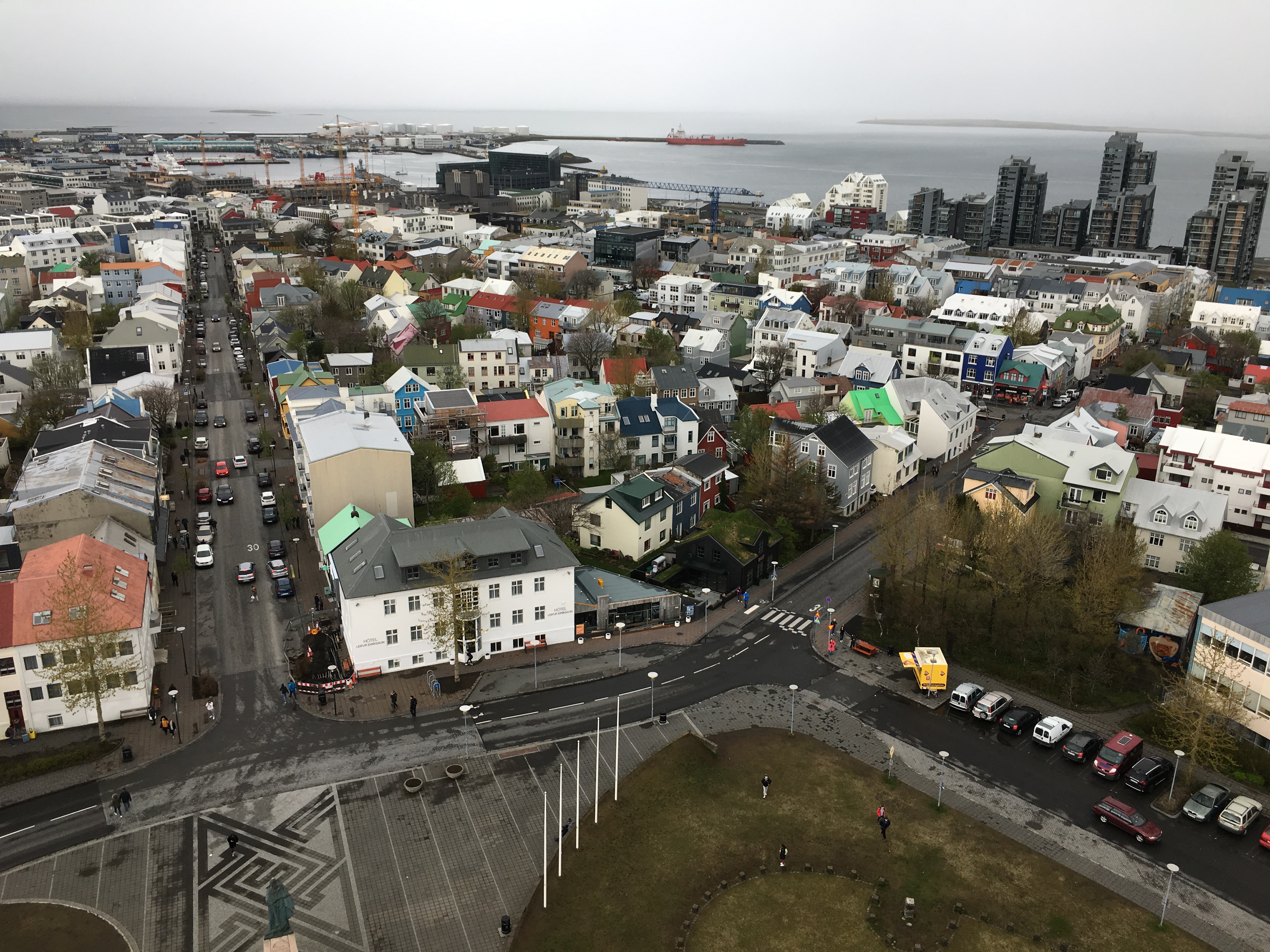Visitors to Iceland are exempt from the country’s self-quarantine requirement
Limited contact with Icelanders makes it unlikely COVID-19 carriers would spread the virus to the population, officials said.

A mandatory self-quarantine requirement for all Icelanders returning from abroad that went into effect yesterday in order to prevent the spread of COVID-19 will not apply to short-term visitors such as tourists, that country’s health authorities say.
Iceland’s economy is heavily reliant on travel, and the country is seeking to send the message that even as the EU, the U.S. and other countries are implementing increasingly strict travel restrictions, Iceland’s borders remain open.
The decision to exempt visitors, according to Þórólfur Guðnason, the chief epidemiologist, takes into account the cost of quarantining non-residents and the limited chance that they would transmit the virus to the general population.
[Arctic tourism businesses fear they won’t survive the coronavirus crisis]
Visitors who begin showing signs of infection will be required to self-quarantine for two weeks.
Although testing varies by country, Iceland is one of the highest rates of infection in the world, with 409 confirmed cases on Friday in a population of about 365,000. The self-quarantine order is an expansion of an existing requirement that residents returning from a handful of high-risk countries isolate themselves for two weeks upon return to Iceland.
To date, just two of the 409 people in Iceland who have tested positive for COVID-19 did not live in Iceland. One of them, an Australian citizen, died suddenly on Monday. He passed away without having shown any symptoms of COVID-19, but a test taken after his death indicated it was “very likely” he had died from the virus, according to Alma Möller, the chief medical officers.
The number of cases in Iceland continues to increase according to health authorities’ forecasts. Currently, 40 people with COVID-19 are in isolation and seven people are hospitalized, a number that is expected to reach a peak of between 40 and 60 by early April, though doctors at the national hospital say it could be as many as 200.